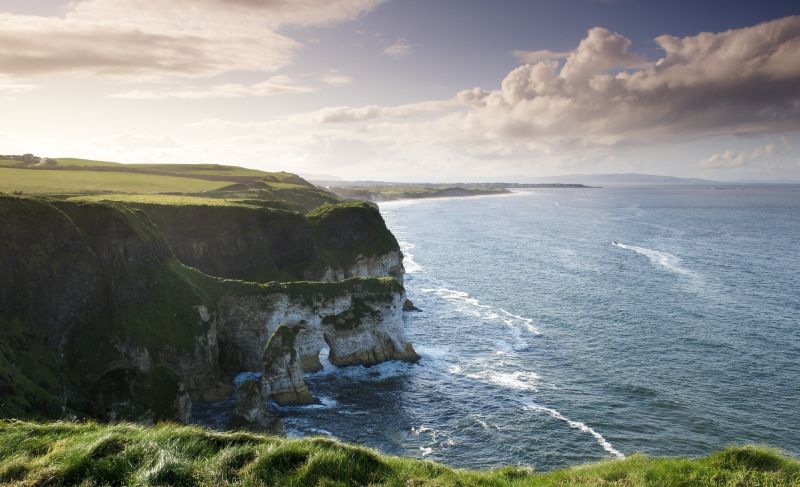The term sustainability has been linked to tourism thinking for a much longer timeframe than most probably realise. Tourism was one of the earliest sectors to address it when the term ‘sustainable development’ got coined in the Brundtland Report ‘Our Common Future’ published in 1987. Some of the leading proponents connected that discussion in the early 1990s to what was also at that time starting to emerge as a new paradigm within development theory, that of ‘alternative development’. Alternative development, framed in the context of tourism, saw scholarly debate around alternative forms of tourism. It was the opposite to mass tourism that came with big numbers, noticeable impact, much of it negative on environment and communities with the exception that big numbers saw tourism providing substantial receipts to destination regions. Alternative tourism was best and is still most popularised in forms of tourism such as ecotourism and community-based tourism. With the concept of sustainability attached to everything policy-wise from the 1990s, it is no surprise that within a wider tourism context, sustainable tourism would become termed as a defined type. This was an easy mistake to make; instead, sustainable tourism is not a type, but a description of what tourism ought to aim to achieve. When people talk of sustainable tourism development, they really mean development that aligns to sustainability principles. Whilst there have been numerous commentaries over the years as to what those key principles ought to be, there is less debate over what tourism in the 21st century should aspire to be. Sustainability in the context of tourism cannot be about small-scale tourism and niche forms of development within destinations, though this is probably easier to achieve. Instead, sustainable tourism has to be about tourism on a global scale, with its subsequent big numbers and noticeable impact and change it can exert on places, where that change has to be managed in a more equitable manner, addressing not only the environmental dimension but also the economic and social dimensions.
The United Nations World Tourism Organisation (UNWTO) that drives global thinking on tourism ahead of this year’s World Tourism Day (27 September) has announced that international tourist arrivals hit 96% of pre-pandemic levels in 2024 through to July. Revised receipts data for 2023 showed full recovery where tourism direct GDP (US$3.4 trillion) equates to 3% of global GDP. That recovery is then often repeated at a national/regional level. Recent NISRA statistics revealed that 2023 saw tourism in Northern Ireland back to levels last witnessed in 2019. With tourism consolidating recovery globally and this then translated locally, there is an ever-pressing need for tourism to be better planned and managed where impacts that are most acutely felt at community/destination level are addressed where the potential socio-economic benefits are not at the expense of driving inclusive and sustainable policies. This requires balanced thinking where sustainability involves how we re-envision tourism for the future that takes into account the economic, social and environmental dimension. Viewed locally, does that mean ‘must see destinations’ and attractions, the latter often assigned with a World Heritage Site label, for example, our own Giants Causeway, must limit visitor numbers or not even be visited? To some the answer is yes, as evidenced in recent anti-tourism demonstrations in many of our well-known Mediterranean destination regions. A consequent response to this has been a loss of income from tourism in those affected destinations. This often, kneejerk reaction does not offer any long-term solutions to the reality that tourism has returned to big numbers in most places and so the response has to be how do we effectively manage big numbers because sustainable tourism must address this reality otherwise the sector must resort to being a smaller and there is little evidence to suggest this is what most people want.
The Department of Hospitality, Tourism and Events Management at Ulster University ranked 1st in the 2024 Guardian league tables, in September 2025 will launch at its Coleraine campus a MSc degree in Global Sustainable Tourism to develop in practitioners and managers innovative thinking, knowledge, and management skills needed to future address the challenges that tourism will face in the 21st century. Tourism planning and management of the past has often been ad hoc in nature, it needs to be more inclusive, resilient to potential pressures, and sustainable both locally and globally and this degree will provide that requisite knowledge and insight. The degree will give future managers the opportunity to debate challenging aspects such as carbon neutrality for destinations, meeting net zero targets, pro-action taken by destination regions affected by climate change, and empowering communities to be more effective in how tourism is planned, developed and subsequentially managed where they are net recipients to benefits over loss. Meeting such challenges in the present and near future will demonstrate the potential for tourism, long-term, to be viable and sustainable.

